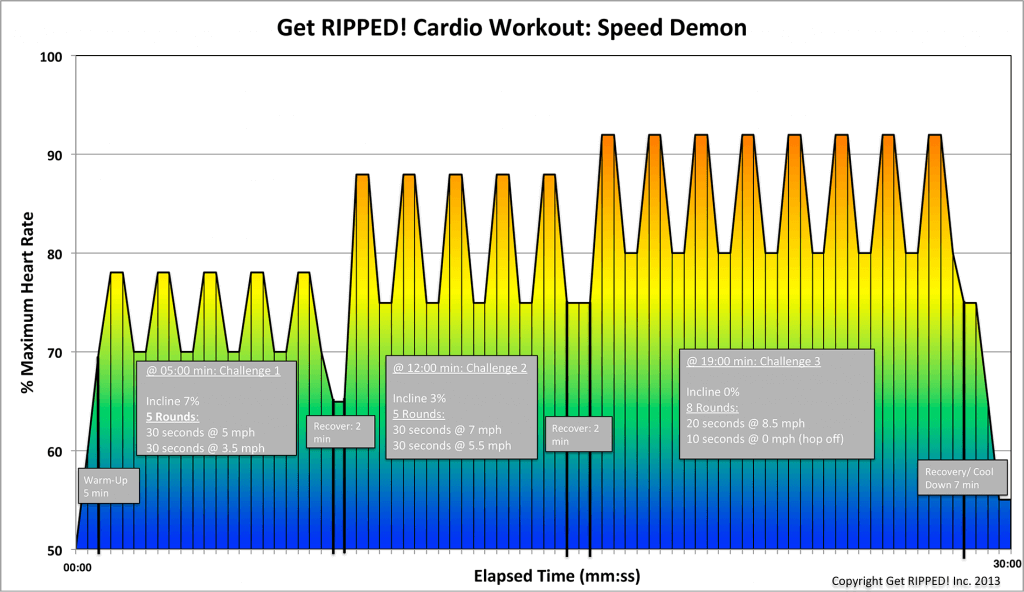Blog
Can Exercise Improve Cognitive Function?
I’ve had clients in Calgary, Canada, tell me that my exercise videos helped them think clearer. It’s not just people in Canada, I get emails and letters saying the same thing. There’s a good reason for that. Exercising regularly can boost cognitive function. It’s been known for quite a while. There’s a study that links hand grip strength to brain health and functioning, but you don’t need a study to realize that if you’re increasing circulation, you’re already sending more oxygen and nutrients to the brain. Exercise also burns off the hormones of stress that can interfere with clear thinking. However, there’s more to the connection than just those things.
Brain plasticity is a relatively new concept.
In earlier years, it was thought that you were born with all the brain cells you’d ever have and that IQ was locked in at birth. That has been proven completely wrong. Neuroplasticity has been proven. Neuroplasticity is the ability of the brain to change continuously throughout life and create new neural pathways. Neurogenesis, the creation of new brain cells, takes place in the hippocampus and cerebellum. The combination of the two means that you not only can increase your IQ, you can also make changes in your life to ensure that increase occurs.
The hippocampus is where a lot of the action takes place.
Short term memory and cognitive functioning and spatial navigation are part of the job of the hippocampus. As people age, that important part of the brain starts to shrink, but it isn’t a natural part of aging. It all depends on lifestyle and fitness. A study conducted by the joint work of the University of Pittsburgh and University of Illinois focused on fitness and the brain. It measured the cardiorespiratory fitness of 109 women aged 59 to 81 and 56 men of the same age. The more fit the person was, the bigger the hippocampus. The bigger the hippocampus the more improved the spatial memory–the ability to record and recover memory.
Exercise makes your body healthier, which includes the brain.
Growth factors, inflammation and insulin resistance all play a role in healthy brain functioning. Inflammation is linked to brain diseases like Alzheimer’s, which makes reducing inflammation important for protecting the brain. Exercise can help reduce inflammation. Another way exercise helps is reducing or eliminating insulin resistance. Insulin resistance occurs when insulin doesn’t cause the cells to open to get energy in the form of glucose. When that happens, they can die, including brain cells. That leads to cognitive damage. Exercise causes growth factor cascades, which boost functional change.
- When you exercise regularly, you sleep better. A good night’s sleep is important for not only your mood, but also your mental acuity.
- Not only is the hippocampus bigger on people who workout, so is the medial temporal cortex and prefrontal cortex. Those areas also control memory and thinking.
- A study in Australia using 138 people with the average age of 69 showed that the group that exercised 150 minutes a week showed marked improvement in cognitive functioning compared to the control group that didn’t exercise.
- When you exercise, you also protect the body from serious conditions that can affect the brain, such as stroke, heart attack and diabetes.
For more information, contact us today at Get RIPPED! by Jari Love


